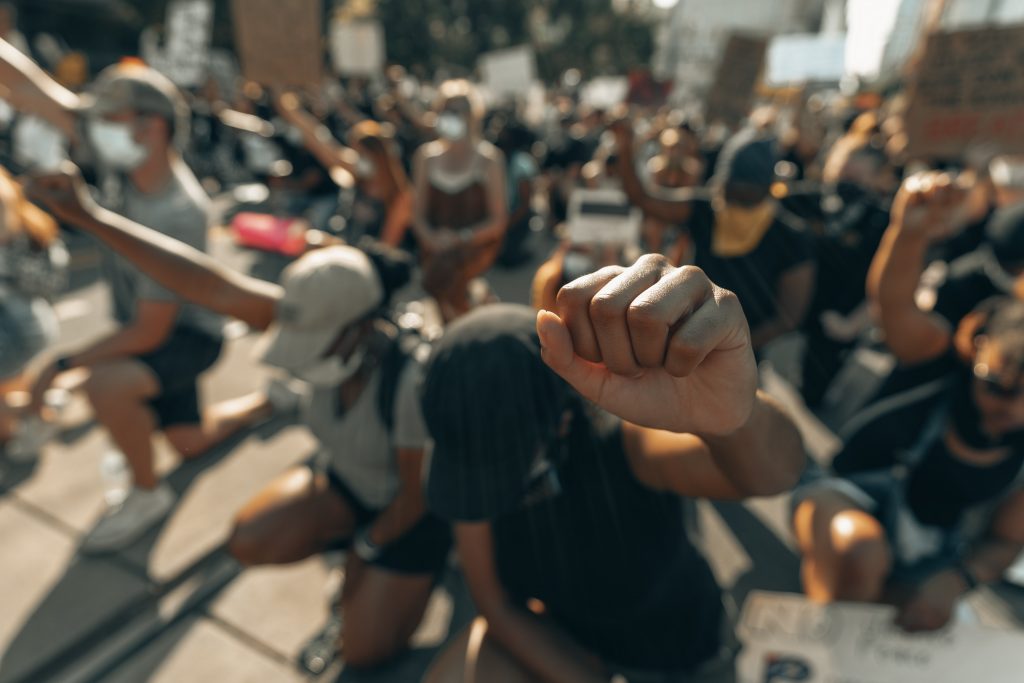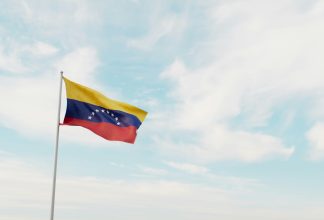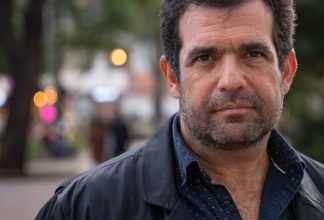Voices from Venezuela: The Llanos – Protests and Arbitrary Detentions on the Rise

During the year, we have interviewed a number of Venezuelan human rights defenders who each play a central role in the struggle for a new and democratic Venezuela. In a series of letters, three of them tell their side of the story to the outside world. This letter is from Roland García.
This letter is based on an interview with Roland García, president of the Foundation for Human Rights of the Venezuelan Plains (Fundehullan) and the Justice and Freedom Network.
The Venezuelan Llanos are made up of five states: Apure, Barinas, Cojedes, Guárico and Portuguesa. I live in Barinas, famous for being the birthplace of Hugo Chávez. In turn, it has become the epicentre of the emergence of multiple human rights organisations.
The Llanos has been characterised as a vulnerable region due to constant attacks against civil society organisations that defend human rights; a place where censorship permeates the free and independent press. On 11 June this year, in the outskirts of Fundehullan, two men on motorcycles, one dressed as the Barinas municipal police, confiscated my work equipment: a case in which I am still waiting for a response from the Public Ministry.
Considering the region’s problems, we have demonstrated how the state has taken advantage of the quarantine to violate human rights. One of the most worrying aspects we have witnessed is the inefficiency in the authorities’ investigations to clarify the attacks, as is in the case of radiologist Wilmer Mendoza who was murdered on 23 January 2019 for attending a protest in Barinas against the regime. Meanwhile, in the Llanos, protests about the government’s feebleness, food shortages and arbitrary detentions are on the rise, which we recorded in our report “Violations of civil and political rights in the context of Covid 19 “.
The serious human rights situation in the Llanos is not new. That is why we created the Justice and Freedom Network in May 2017, in order to support political prisoners and human rights activists in Venezuela. We also constituted the first Observatory of the Venezuelan Llanos in July 2020 to document attacks against fundamental rights that primarily occurred in the States of Barinas, Cojedes and Portuguesa. In light of this situation, at Fundehullan, we continue working on our cases from 2019 by advising and supporting victims who have suffered attacks from the state.
Despite our important work, I believe that we, the members of civil society, are faced with the difficult challenge of making our voices heard. We must strengthen our social fabric to continue denouncing and monitoring human rights violations. So, we must organise ourselves, because our job is to defend rights and demand their fully guaranteed justice.
Finally, I call on both national and international organisations to focus their attention on the current situation in the Venezuelan Llanos. Follow us on Twitter at @FundehullanVzla.


